Unlocking The Value Of Unwanted Jewelry: A Comprehensive Guide
Unlocking the Value of Unwanted Jewelry: A Comprehensive Guide
Related Articles: Unlocking the Value of Unwanted Jewelry: A Comprehensive Guide
Introduction
In this auspicious occasion, we are delighted to delve into the intriguing topic related to Unlocking the Value of Unwanted Jewelry: A Comprehensive Guide. Let’s weave interesting information and offer fresh perspectives to the readers.
Table of Content
Unlocking the Value of Unwanted Jewelry: A Comprehensive Guide

Jewelry, with its inherent beauty and sentimental value, often holds a special place in our lives. However, over time, circumstances change, and pieces once cherished may become unwanted or simply no longer fit our style. This can leave us with a collection of jewelry that holds little practical use, yet possesses potential financial worth. Converting these pieces into cash can be a beneficial solution, offering a range of advantages from financial relief to reinvesting in new treasures.
Understanding the Value of Unwanted Jewelry
The value of jewelry is influenced by numerous factors, including:
- Material: Precious metals like gold, silver, and platinum form the core of most jewelry, with their market prices constantly fluctuating.
- Gemstones: Diamonds, sapphires, rubies, and emeralds are highly sought-after gemstones, their value determined by factors like carat weight, clarity, cut, and color.
- Design and Style: The craftsmanship, age, and historical significance of a piece can significantly impact its value. Antique and vintage jewelry often commands higher prices due to their rarity and historical context.
- Condition: The overall condition of the jewelry, including wear and tear, scratches, and damage, plays a crucial role in its appraisal.
Exploring Options for Cashing in on Unwanted Jewelry
There are several avenues for converting unwanted jewelry into cash:
- Pawn Shops: Pawn shops offer a quick and straightforward option for obtaining cash against your jewelry. However, they typically offer lower prices compared to other methods, as they need to factor in the risk of needing to resell the item.
- Jewelry Buyers: Specialized jewelry buyers offer a more focused approach, often specializing in specific types of jewelry. They typically provide more competitive prices compared to pawn shops, as they have a better understanding of the market and can potentially resell the pieces at a higher value.
- Online Marketplaces: Platforms like eBay and Etsy allow you to sell your jewelry directly to buyers, potentially achieving higher prices. However, this method requires more effort and involves managing shipping, payment, and potential risks associated with fraudulent transactions.
- Jewelry Auctions: Auctions provide a platform for selling unique or high-value jewelry, potentially fetching higher prices than other methods. However, auctions involve significant time investment and commission fees, making them suitable for specific pieces.
- Jewelry Dealers: Jewelry dealers specialize in buying and selling jewelry, offering a knowledgeable and reliable channel for cashing in on your unwanted pieces. They can provide a fair market price based on their expertise and understanding of the current market trends.
Choosing the Right Path: Factors to Consider
The best approach for converting your unwanted jewelry into cash depends on several factors:
- Urgency: If you require immediate cash, a pawn shop might be the fastest option. However, for a more calculated approach, consider exploring other avenues.
- Value of the Jewelry: For high-value pieces, seeking professional appraisal and exploring options like jewelry buyers or auctions might be more advantageous.
- Time Investment: Selling jewelry online or through auctions requires significant time and effort, while pawn shops and jewelry buyers offer a faster and more convenient solution.
Tips for Maximizing Value and Ensuring a Smooth Transaction
- Research: Before approaching any seller, research current market prices for similar pieces to understand their potential value.
- Professional Appraisal: For valuable pieces, obtaining a professional appraisal from a certified gemologist or jeweler can provide an accurate estimate of the jewelry’s worth.
- Cleaning and Polishing: Presenting your jewelry in its best condition can increase its perceived value and attract higher offers.
- Documentation: Gather any relevant documentation, including purchase receipts, certificates of authenticity, or insurance policies, to support the authenticity and value of your jewelry.
- Compare Offers: Don’t settle for the first offer you receive. Compare prices from multiple sources to ensure you’re getting the best possible deal.
- Security: When dealing with cash transactions, prioritize security and safety. Consider conducting transactions in well-lit, public areas and avoid carrying large amounts of cash.
Frequently Asked Questions (FAQs) about Unwanted Jewelry for Cash
Q: How do I find a reputable jewelry buyer or dealer?
A: Seek recommendations from trusted sources, like family, friends, or financial advisors. Look for reputable businesses with established track records, positive online reviews, and membership in relevant industry associations.
Q: What are the potential risks of selling jewelry online?
A: Online platforms carry risks like scams, fraudulent transactions, and shipping damage. Choose reputable platforms, utilize secure payment methods, and take precautions to protect yourself from potential risks.
Q: Can I sell my jewelry at a local pawn shop?
A: Pawn shops offer a quick and convenient option, but they typically offer lower prices compared to other avenues.
Q: What is the best way to determine the value of my jewelry?
A: A professional appraisal from a certified gemologist or jeweler provides the most accurate estimate of your jewelry’s worth.
Q: What documents should I bring when selling my jewelry?
A: Bring any documentation that supports the authenticity and value of your jewelry, including purchase receipts, certificates of authenticity, or insurance policies.
Q: What happens to my jewelry after I sell it?
A: The buyer will typically resell the jewelry, either through their own network or by melting it down to recover the precious metals.
Conclusion: Embracing the Opportunity
Unwanted jewelry often represents a valuable asset that can be converted into cash, offering a range of benefits from financial relief to reinvesting in new treasures. By understanding the factors influencing jewelry value, exploring various options for selling, and following tips for maximizing value, you can unlock the potential of your unwanted jewelry and turn it into a valuable resource. Remember to prioritize security, research reputable options, and compare offers to ensure a smooth and rewarding experience.
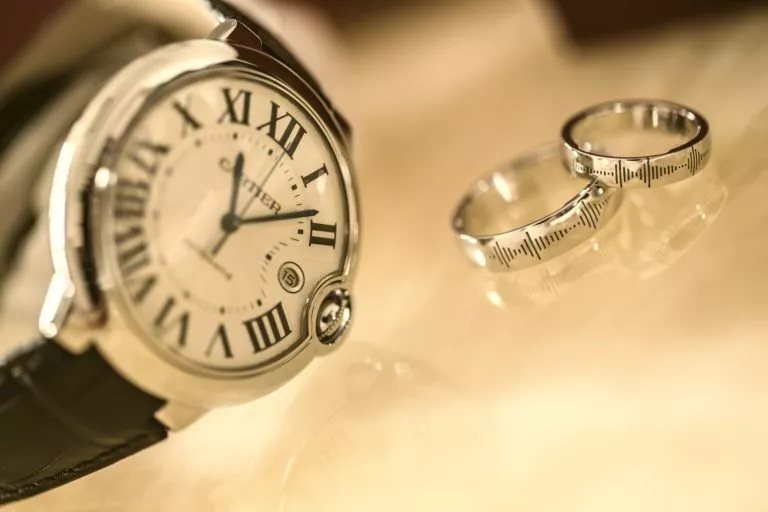
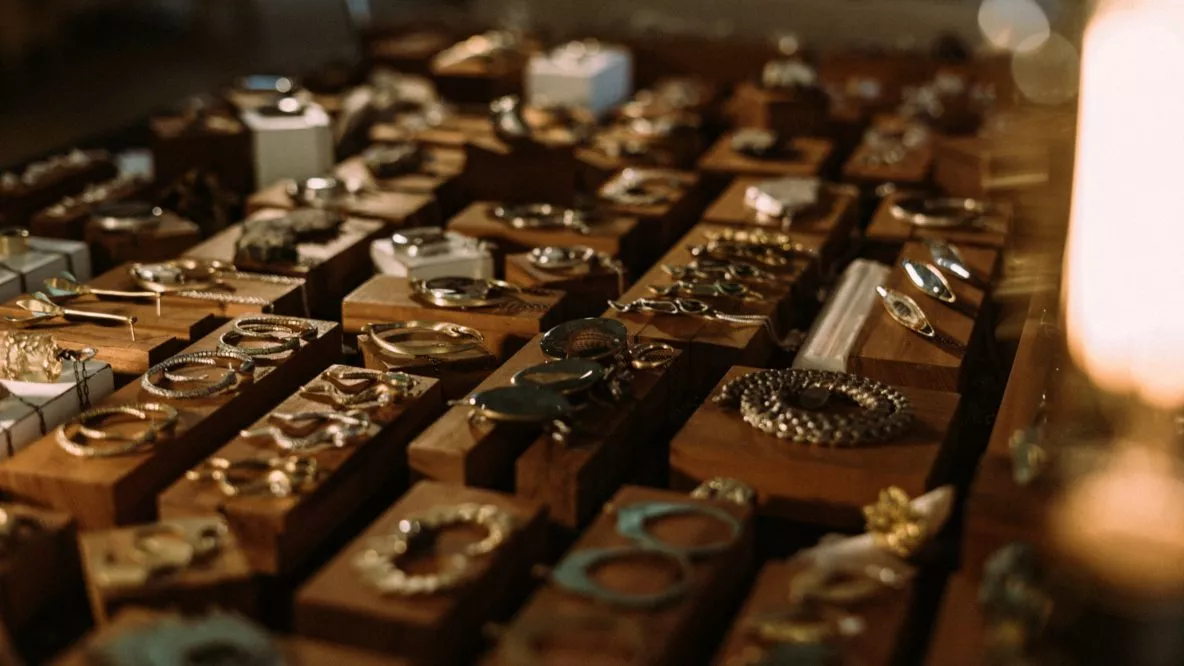
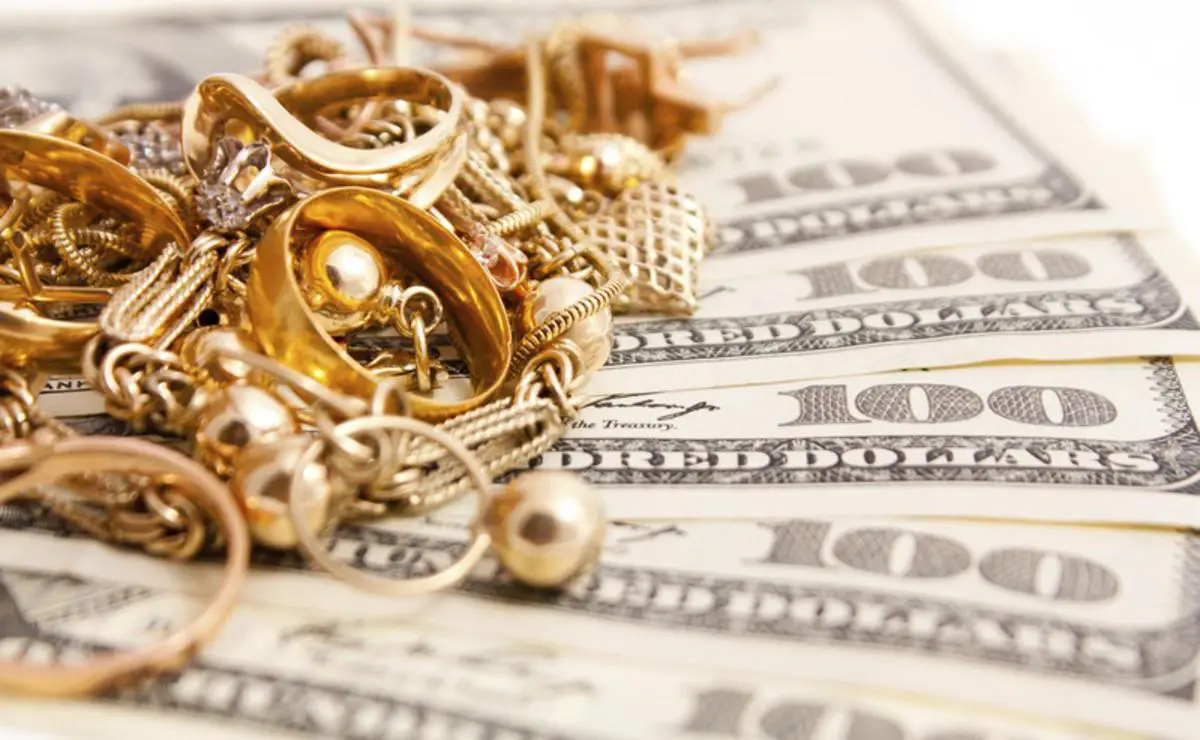
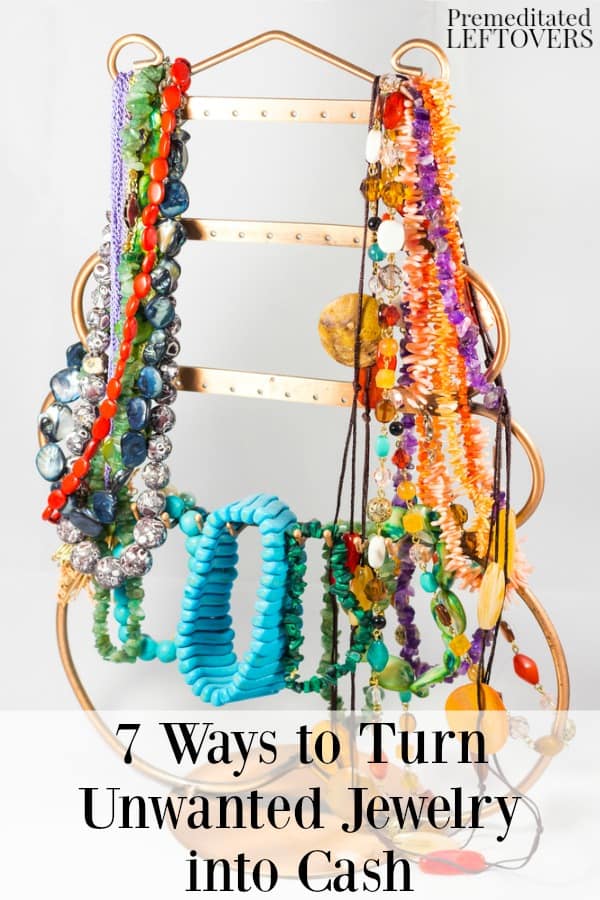
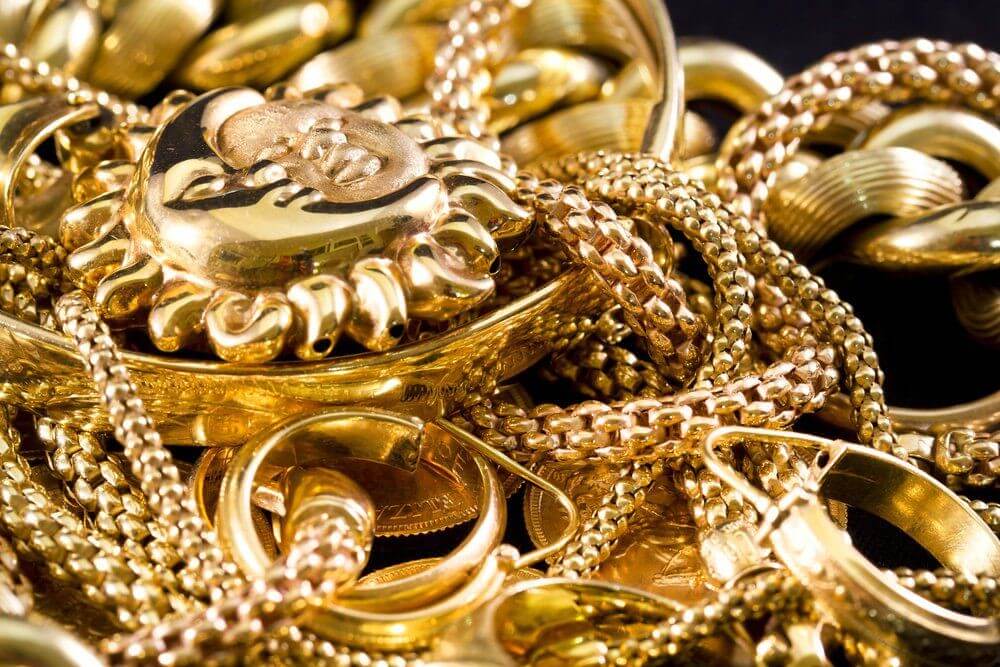


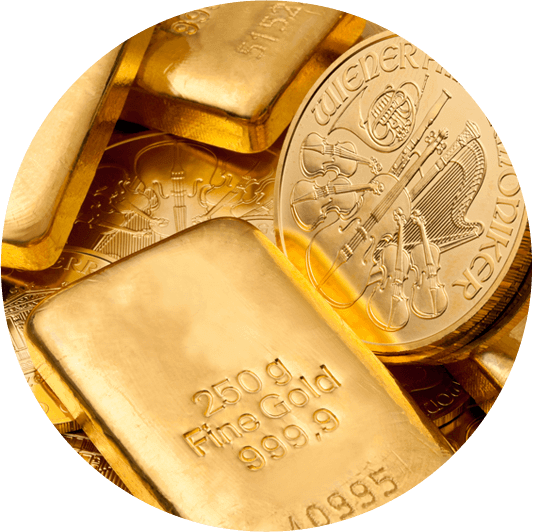
Closure
Thus, we hope this article has provided valuable insights into Unlocking the Value of Unwanted Jewelry: A Comprehensive Guide. We appreciate your attention to our article. See you in our next article!